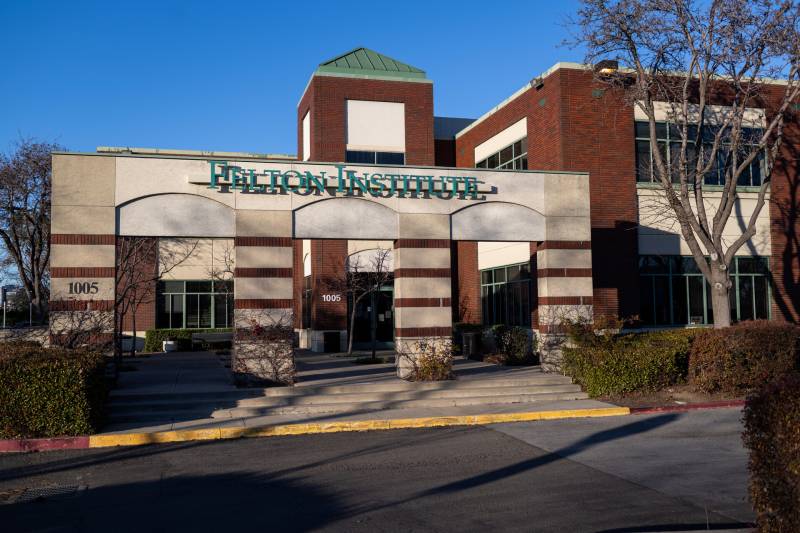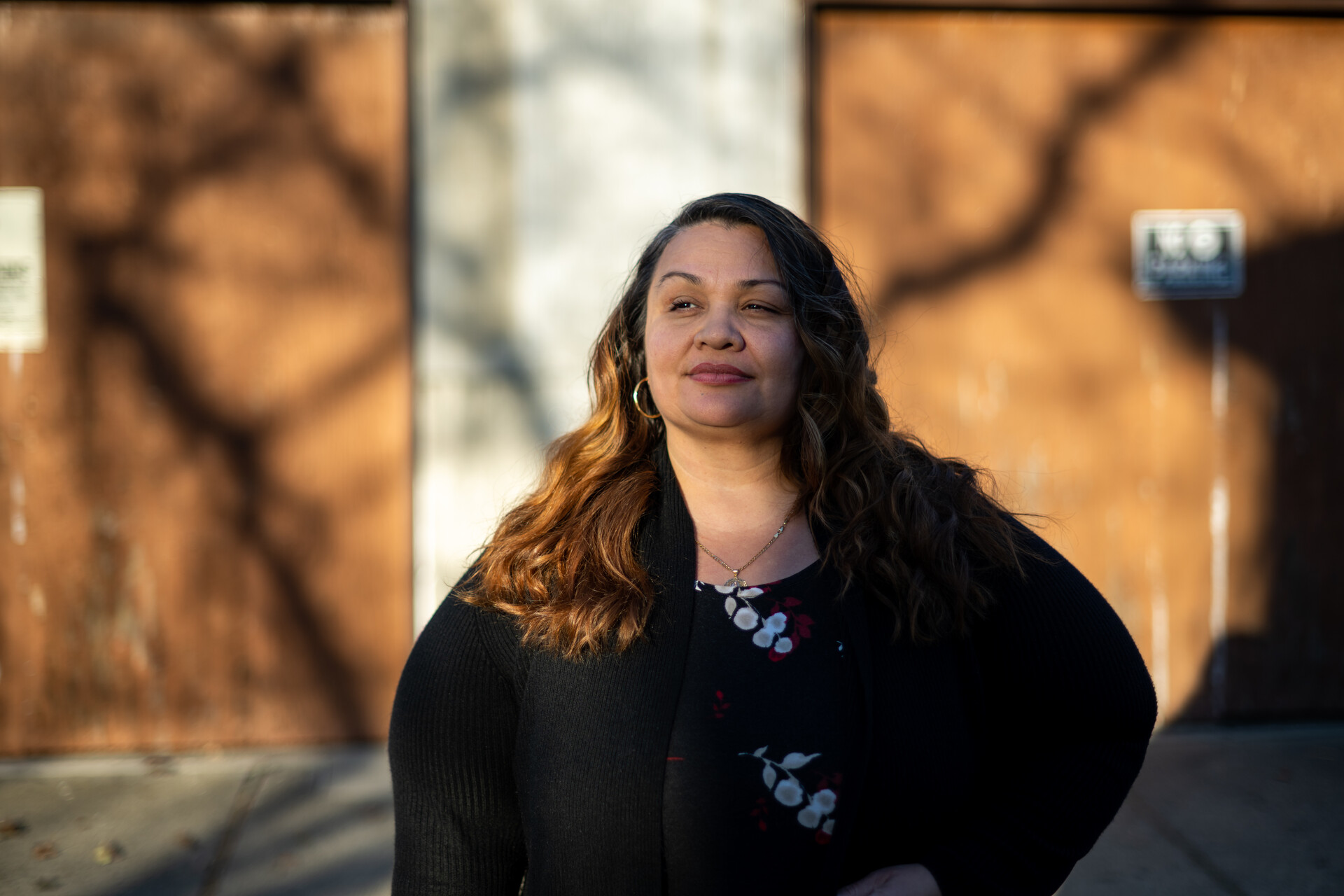Eva Cisneros loves her job at the Felton Institute, a nonprofit that has provided a range of mental health and social services across the Bay Area for more than 130 years.
“It gives me a lot of joy when [my clients] reach a milestone. Even when we finish a Social Security application, that’s a huge accomplishment,” said Cisneros, an employment and education specialist at the organization’s early psychosis program. “I always call it ‘the little wins.’ You have to get those little wins.”
But high turnover, staffing shortages, unsustainable caseloads and low pay are undermining crucial services and relationships with clients, she said.
Cisneros notes that she’s been at Felton for less than three years, and is already one of the longest-serving members of her team.
“We, as the frontline workers, need more of a voice,” she said. “Every month I just hope I can pay the rent, pay the bills, feed the cats and keep my car running so I can get to work, go to the field and meet my clients.”

In a push to boost workers’ wages and bargaining power, Cisneros and a contingent of her colleagues have been waging a prolonged campaign to join the Service Employees International Union (SEIU) Local 1021, which currently represents only about 50 of the organization’s roughly 500 workers.
Felton workers watched over the last year as their counterparts at several Bay Area social services nonprofits — including the Glide Foundation and Compass Family Services — voted to unionize because of similar workplace concerns. Workers in those agencies are now, for the first time, preparing to bargain for their new contracts.
That comes as more than 70% of Americans say they approve of labor unions, the highest rate since 1965, according to a 2022 Gallup poll. But even so, only about 10% of U.S. workers currently belong to labor unions, according to the U.S. Department of Labor.
More than three years into their unionization bid, organizers at Felton are still trying to secure support from a majority of workers.
The protracted effort at Felton highlights just how challenging labor organizing can be at a sprawling, mission-driven nonprofit.


